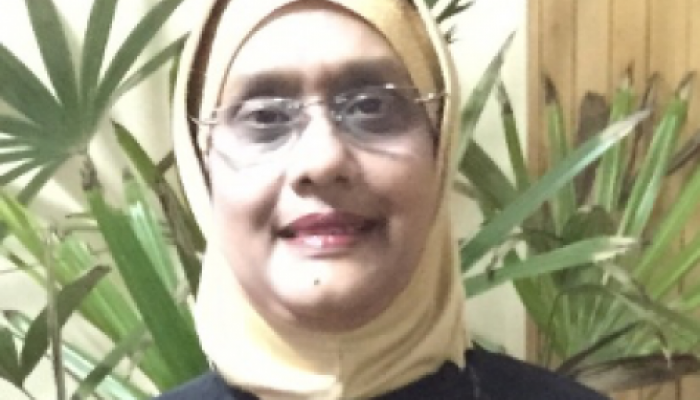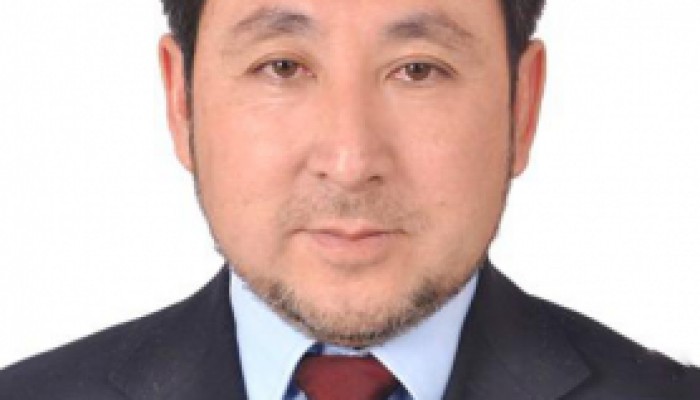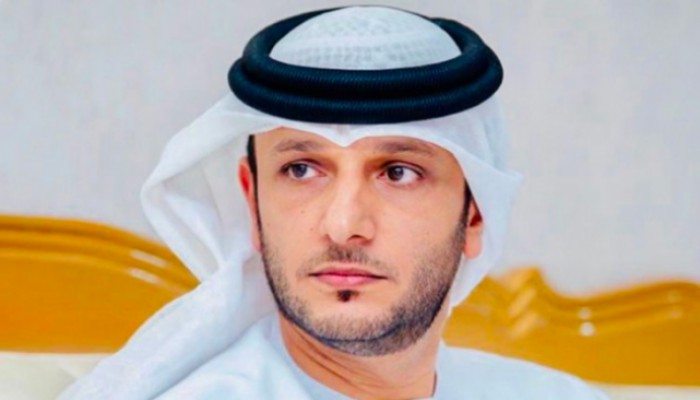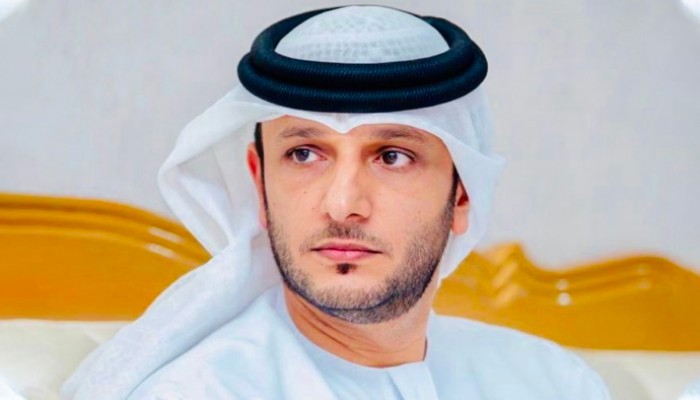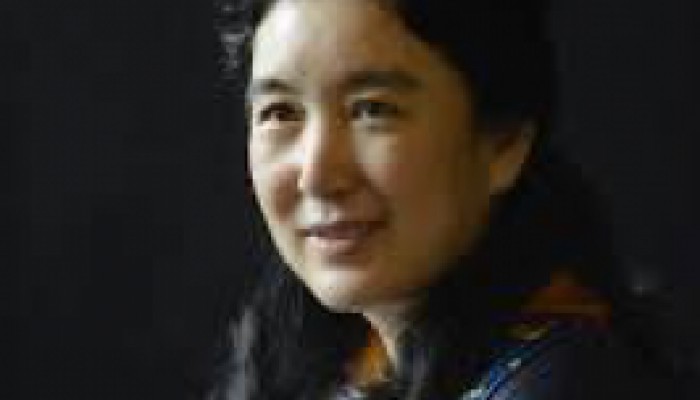
Water Colour
- 2019-Jul-16
I was observing my little girl as she was playing with her water colour crayons at a pond in London when one of her crayons fell in the depth of the pond and we watched it sinking and dissolveing whilst drawing long beautiful lines in colours. Soon my girl picked up another colour to finish her picture. The melting of colours brought into my mind a storm of thoughts on “the melting” of Muslim identity in Europe. Will the identity of our sons and daughters be melting just like the colours in the water? What contributed to this chain of thought is that I had a draft of an article written by a Welsh colleague of mine on which he argues that Islam cannot carry the identity of Europe because it is a “desert religion”, after a long discussion we concluded that identity is a dialogue between a psychological “state of mind” and a religious conviction on which one explains the other in a dialectical interplay. This is done taking into consideration the understanding of those who want to apply the text correctly. In the Islamic terminology this is what Muslim scholars call "the relationship of the responsible individualsMukallafin to their practical actions. At some point I think that the discussion was too technical and I thought or rather hoped that I almost had him convinced!
My talk here is not limited to my academic environment where I live, it is rather a form of review for some of the paths that I crossed by during my life as a teacher who wrestled with philosophy and Islamic legal science for over forty years.
The colouring of identity is a major problem for Muslims who settle in the West. It is felt most clearly when the young grew up and started asking themselves are we British or Arabs? Their eyes are bewildered while playing this game of life just as they are bewildered while supporting a game of football when a Muslim Arab team compete against a British team.
They are indeed in a similar confusion in all the political games played by the world politicians today? One of the best responses for the duality of the country of origin is one that I heard from my eldest daughter, who said: “it gives me a great sense of pride to be a person with two countries, because I am combining two civilizations, such as having one house for spring and another for winter.” Alas I sighed when I heard hear and said: “I wish it is as simple as you put it.” Mankind yearns for winter during the summer and dreams of the summer when the snow falls and birds become homeless, we love nothing as we love the spring and particularly the spring of our days which forms our life just like an artist outlining the lines of his picture before flooding it with colours. There is no doubt that we as parents are responsible for blurring of the identity of our children unless we realize the nature of our identity. We are Europeans of Arab origin and our religion is Islam. This is the same claim that an Irish or a Welsh person would make in England. Such a statement might earn the respect of the other members of our inclusive society. The issue of identity raises a fresh important question today as Britain stands at the threshold of exiting the European union:
Are we British Arabs/Muslims? or are we European Arabs/Muslims? On a personal note I always felt that I am an Arab European Muslim living in Britain and I will still feel the same even if Britain exits out of Europe because as I said earlier to be a European is a psychological state of mind that gives the individual therapeutic sense of belonging to where his home is without forgetting his original roots.
As a matter of fact my European sense of belonging is the main reason that duty-bound me today - despite my flu viruses - to go to the ballot box to vote on who will represent me in the European Parliament and keep Britain in Europe.
Then comes some criminals who claim to be Muslims spreading social hate by killing the innocents of our society and tell us: “We are Muslims just like you!” There is no such Islam that allows such atrocities? We Muslims who fled the Islamic troubled world do not forget that Europe has adopted us and allowed us to live our values eat our food build our Mosques which often took the places of old churches and, became part of Europe’s social and intellectual fabric.
I would like to re-return to the identity issue. There is no doubt that there are many characters by which human identity is composed. Language is the clearest character of a stranger`s identity and it impacts his early life among other basic vocabulary of such identity. Leaning the language is one of the main challenges facing all residents of the West. Basic English is fairly easy for a daily life such as shopping and travelling. Writing in an advanced level is a different matter, especially if you intend to write in an academic level. it is a language with fewer roots and vocabulary than Arabic. I was told once that English language is more fitting to use for science than literature. I found it a poorer language than the language of the Quran. Yet still it is a language characterized by the ability to self expand its vocabulary and jargons and do not care about mixing the roots of its terminology to produce bizarre but expressive words to compensate the lack of structure and size of foundational vocabulary. This is in contrast to Arabic language, which has its own construction and vocabulary ready to use and embraces human thoughts just like the fertile earth when mixed with water to produce fruits of meanings. The ability to understand the spirit of a language and be able to write in it gives the skilled user of Arabic an identity of a special kind. It is an identity that supports his confidence so that he can easily delve into deep and complex meanings. Those who do not understand the spirit of Arabic may impair the purpose to be expressed. This often found in attempting to write about Islam in English. I often advise graduate students to be careful on what they write. To write about Islam in English without using its own methods of speech can be catastrophic. One of the most significant feature of English language is the indirect style of speech which only provides the facts and let the reader to draw his own conclusion. Such method is often employed by the classical Muslim scholars such as ‘Al Shafi`I’ in his book of ‘Al Risala’ or ‘Al Ghazali’ in his book of ‘Ihya ulum al din’. Shafi’s evolving analytical methodology is exemplified by his change of schools and fatwas such as when he moved from Egypt to Iraq. I believe -despite what some modernists claim, that Shaf`i did not abrogate his legal views but merely applied the methodology of curriculum evolution according to time. This is a sub specialization within the specialization of research methodology. Accordingly a researcher would only provide reliable sources and facts that are presented and analysed leaving the reader to draw the conclusion. This methodology is one of the most important methodologies of academic discourse that the West learned from our Muslim scholars and became highly skilled in it, and often our today’s writers fail to adhere to it when they force their views on people without reason or justification. This is repeatedly shown by those who translate the Islamic legal injunctions and copy them from the streets of the desert to the streets of London and forget the impact of the environment on the understanding of events in the absence of the environmental smell and taste.
Finally I would like to end with what I started with ... Our identity as European Muslims is made by the fact of being “strangers who are becoming citizens” and it is strengthened by the sense of personal challenges in a society that respects the human being and his determination not to melt and be lost as water colours melting in deep water.
Mawil Izzidien
Professor at the University of Wales
Visiting Professor at the University of London
